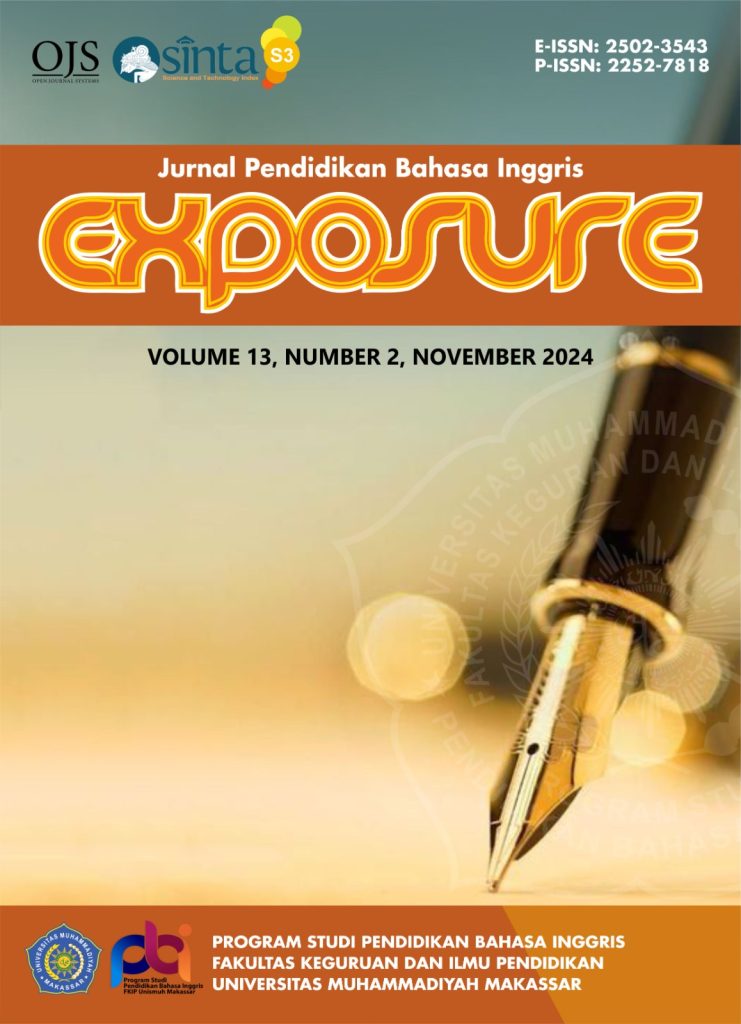- +62 852-3434-5667
- conference@apspbi.or.id
- Monday - Saturday: 9:00 - 18:30
- About payment: fee.conference_abm@apspbi.or.id
About Annual Business Meeting
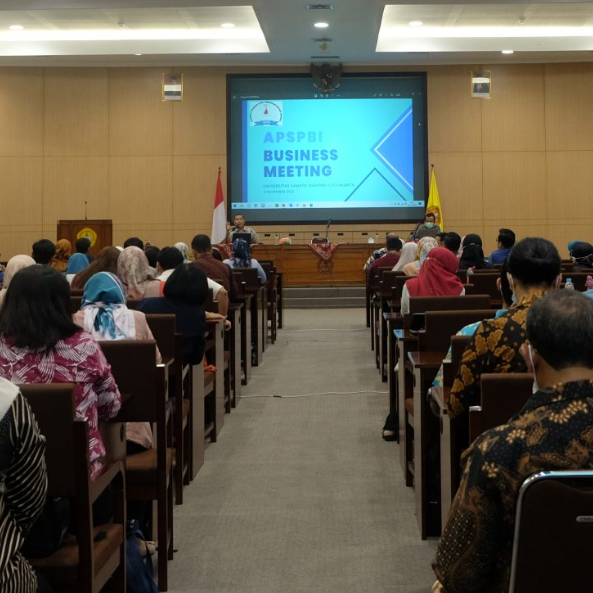
The Annual Business Meeting of the English Language Education Study Program, or as it’s affectionately known, APSPBI! It’s more than just a formal gathering; it’s the vibrant heart of our academic year, a dynamic forum where the entire ELESPA community converges.
Our Annual Business Meeting will be graced by the presence of regional leaders of APSPBI hailing from every province across Indonesia. These are the dedicated individuals who champion the cause of English language education at a grassroots level, fostering collaboration and driving initiatives within their respective regions. Their participation injects a wealth of diverse perspectives and experiences into our discussions.
Furthermore, we are honored to welcome institutional members, the esteemed heads of English Departments from universities and colleges spanning the Indonesian archipelago. Their leadership and strategic insights are crucial in shaping the landscape of English language education nationwide.
About International Conference 2025

The esteemed annual APSPBI International Conference serves as a vital forum dedicated to exploring and fostering transformation within English language education. Anchored by the central theme, “Transforming English Language Education: Innovation, Inclusion, and Impact,” this conference convenes academics, researchers, practitioners, and policymakers from around the globe to exchange insights, the latest research findings, and best practices. The conference delves into crucial sub-themes encompassing technology and innovation in English language learning, strategies for teaching inclusivity and diversity within the English language curriculum, methodologies for measuring the impact of English language education, analysis of language education policy and its implementation, and effective professional development initiatives for English language teachers. Notably, this conference distinguishes itself by featuring a diverse panel of experts, including leading scholars in English language studies, influential policy experts from government and higher education institutions, and accomplished practitioners in the field of English language education, ensuring a rich and multifaceted discussion. As an annual event organized by APSPBI/ELESPA (the English Language Education Study Programs Association) across various regions in Indonesia, in collaboration with prominent domestic and international universities, this conference offers an invaluable opportunity for networking, exchanging ideas, and contributing to the advancement of English language education on a global scale. Don’t miss the chance to be part of this significant dialogue and collectively drive greater innovation, inclusion, and impact in English language education.
Sub-themes & Topics
Technology and innovation in English Language
Teaching inclusivity and diversity in English Language Curriculum
Measuring the impact of English Language Education
Language education policy and its implementation
Professional development for English Language teachers
Technology and innovation in English Language
- Artificial Intelligence (AI) in Language Learning: Exploring the use of AI-powered tools for personalized learning, automated feedback, and language assessment.
- Virtual and Augmented Reality (VR/AR) for Immersive Language Experiences: Investigating the potential of VR/AR to create engaging and context-rich language learning environments.
- Mobile-Assisted Language Learning (MALL): Examining the effectiveness and pedagogical implications of using mobile devices and applications for language acquisition.
- Gamification and Game-Based Learning in English Education: Exploring the use of game mechanics and digital games to enhance motivation and engagement in language learning.
- Corpus Linguistics and Natural Language Processing (NLP) in Language Teaching: Investigating how corpus data and NLP tools can inform curriculum design, materials development, and language analysis.
- Online Language Learning Platforms and Massive Open Online Courses (MOOCs): Analyzing the design, delivery, and impact of online language learning platforms and MOOCs.
- The Use of Social Media and Web 2.0 Tools for Collaborative Language Learning: Exploring how social media and interactive web tools can facilitate communication and collaboration among language learners.
- Blended Learning Approaches in English Language Education: Investigating effective models for integrating online and face-to-face instruction in language learning.
- Assistive Technologies for Learners with Special Needs in English Language Education: Exploring technological solutions to support diverse learners in accessing and engaging with English language learning.
- The Future of Language Learning Technologies: Discussing emerging trends and potential future directions in the application of technology to English language education.
Teaching inclusivity and diversity in English Language Curriculum
- Decolonizing the English Language Curriculum: Examining and challenging Eurocentric biases and promoting diverse voices and perspectives.
- Integrating Culturally Responsive Pedagogy in English Language Teaching: Exploring strategies for adapting teaching practices to students’ diverse cultural backgrounds and experiences.
- Addressing Linguistic Diversity in the English Language Classroom: Investigating approaches to support learners with diverse first languages and language varieties.
- Teaching English for Specific Purposes (ESP) in Inclusive Settings: Adapting ESP curricula and methodologies to meet the needs of diverse learners in specific professional or academic contexts.
- Promoting Gender Equality and Addressing Gender Bias in English Language Education: Analyzing and challenging gender stereotypes and promoting inclusive language use.
- Integrating Disability Studies Perspectives in English Language Teaching: Creating accessible and inclusive learning environments for students with disabilities.
- Teaching English to Refugee and Immigrant Learners: Exploring effective pedagogical approaches and addressing the unique challenges faced by these learners.
- Developing Intercultural Competence through the English Language Curriculum: Designing activities and materials that foster understanding and respect for diverse cultures.
- The Role of Critical Pedagogy in Promoting Social Justice through English Language Education: Empowering learners to critically analyze social issues and advocate for change.
- Assessment Practices that Support Inclusivity and Diversity in English Language Learning: Exploring alternative assessment methods that accommodate diverse learning styles and needs.
Measuring the impact of English Language Education
- Developing Frameworks for Assessing the Broader Impact of English Language Proficiency: Moving beyond traditional language skills assessment to consider social, economic, and cultural impacts.
- Evaluating the Effectiveness of Different English Language Teaching Methodologies and Interventions: Employing quantitative and qualitative research methods to assess the impact of specific teaching approaches.
- The Role of Standardized Tests in Measuring Language Proficiency and Educational Outcomes: Examining the validity, reliability, and potential biases of standardized English language tests.
- Assessing the Impact of English Language Education on Employability and Career Development: Investigating the link between English proficiency and labor market success.
- Measuring the Impact of English Language Skills on Academic Achievement in Other Subject Areas: Exploring the role of English proficiency in students’ overall academic performance.
- Evaluating the Impact of Language Education Policies on Language Proficiency and Educational Equity: Assessing the effectiveness of language policies in achieving their intended goals.
- Using Qualitative Research Methods to Understand the Lived Experiences and Perceptions of English Language Learners and Teachers: Gaining deeper insights into the impact of language education from the perspectives of stakeholders.
- Developing and Validating Instruments for Assessing Different Aspects of Language Proficiency (e.g., intercultural communicative competence, critical thinking skills).
- The Use of Learning Analytics to Track Student Progress and Measure the Impact of Educational Interventions in English Language Learning.
- Ethical Considerations in Measuring the Impact of English Language Education: Addressing issues of fairness, bias, and the potential for misuse of assessment data.
Language education policy and its implementation
- The Role of English as a Lingua Franca (ELF) in Shaping Language Education Policies: Examining the implications of ELF for curriculum design, teacher training, and assessment.
- Multilingualism and Language Education Policy: Exploring policies that promote and support multilingualism in educational contexts.
- The Impact of Globalization and Internationalization on National Language Education Policies: Analyzing how global trends influence language education planning and implementation.
- Stakeholder Involvement in the Development and Implementation of Language Education Policies: Investigating the roles and perspectives of governments, educators, learners, and communities.
- Challenges and Successes in Implementing Language Education Reforms: Examining case studies of language policy implementation in different contexts.
- The Influence of Political and Socioeconomic Factors on Language Education Policy: Analyzing how broader societal forces shape language education agendas.
- Policy Frameworks for Integrating Technology in Language Education: Examining policies that support the effective use of technology in language teaching and learning.
- Policies Related to Teacher Education and Professional Development in the Field of English Language Teaching: Analyzing how policies aim to improve the quality of English language teachers.
- The Role of Language Education Policy in Promoting Social Inclusion and Equity: Investigating how policies can address disparities in language learning opportunities and outcomes.
- Comparative Analysis of Language Education Policies Across Different Countries and Regions: Examining similarities and differences in policy approaches and their effectiveness.
Professional development for English Language teachers
- Effective Models and Approaches for Teacher Training and Continuing Professional Development (CPD) in ELT: Exploring innovative and impactful ways to support teacher growth.
- The Role of Teacher Communities of Practice in Fostering Professional Learning and Collaboration: Investigating the benefits and challenges of teacher networks.
- Developing Teacher Competencies for Integrating Technology in English Language Teaching: Addressing the specific skills and knowledge teachers need to effectively use technology.
- Preparing Teachers to Address Diversity and Promote Inclusion in the English Language Classroom: Examining training initiatives that equip teachers to work with diverse learners.
- Supporting Teacher Well-being and Preventing Burnout in the Field of English Language Education: Addressing the challenges and stressors faced by English language teachers.
- The Impact of Teacher Beliefs and Identities on Their Professional Practice: Exploring how teachers’ personal beliefs and experiences shape their teaching.
- Mentoring and Peer Coaching Programs for English Language Teachers: Investigating the effectiveness of these support mechanisms for teacher development.
- The Role of Reflective Practice in Teacher Professional Growth: Encouraging teachers to critically analyze their teaching and identify areas for improvement.
- Utilizing Online Resources and Platforms for Teacher Professional Development: Exploring the potential of online learning for teacher training and CPD.
- Policy and Funding Initiatives for Enhancing the Quality of English Language Teachers: Examining government and institutional efforts to support teacher development.
Rundown
APSPBI INTERNATIONAL CONFERENCE RUNDOWN DENPASAR, 26 SEPTEMBER 2025
Time | Activity | Remarks |
08.00 – 08.30 | Registration & Coffee Morning | Check-in and enjoy light refreshments |
08.30 – 08.35 | Opening by the MC | Welcoming the participants |
08.35 – 08.45 | Welcoming Dance: Puspawresti | Dancers |
08.45 – 08.50 | Singing of the Indonesian National Anthem | Led by a conductor |
08.50 – 08.55 | Opening Prayer | Committee |
08.55 – 09.00 | Report from the Organizing Committee Chair | OC Secretary |
09.00-09.10 | Welcoming Remarks | Rector of Universitas Mahasaraswati |
09.10 – 09.20 | Opening Remarks & Official Launching of Mars APSPBI | President of APSPBI |
09.20-09.30 | Presentation of Token of Appreciation | President of APSPBI, VIP |
09.30 – 11.00 | Panel Session | |
09.30 – 09.55 | Colm Peter Downes | Moderator: Dr. I Dewa Gde Rat Dwiyana Putra, M.Pd. |
09.55 – 10.15 | Prof. Abdullayeva Lola Tohirovna, Ph.D. | |
10.15 – 10.40 | Prof. dr. Teguh Budiharso, M.Pd., Ph.D., Ph.D., DMS. | |
10.40 – 11.00 | Q and A sessions | |
11.00 – 12.00 | RELO session (Kevin McCaughey) | Moderator Yanuar Dwi Prastyo, Ph.D. (Vice President of APSPBI) |
12.00 – 13.00 | Break (Lunch & Prayer Time) |
|
13.00 – 14.00 | Invited Speakers |
|
13.00 – 13.20 | Suleymanova Nargiza Mardonovna, Ph.D. | Moderator: Dr. I Putu Andre Suhardiana, S.Pd., M.Pd.
|
13.20 – 13.40 | Ida Bagus Gde Phalaguna, M.Pd. | |
13.40 – 14.00 | Made Wahyu Mahendra, M.Pd. | |
14.00 – 14.30 | Q and A sessions | |
14.30 – 15.50 | Parallel Sessions (detail agenda attached) | Presentations in breakout rooms |
15.50 – 16.00 | Closing | Moderator each room |
APSPBI ANNUAL BUSINESS MEETING DENPASAR, 27 SEPTEMBER 2025
Time | Activity | Remarks |
08.00 – 09.00 | Registration & Coffee Morning | Participants check-in and enjoy light refreshments |
09.00 – 09.05 | Opening by the MC | Master of Ceremony |
09.05 – 09.15 | Kecak Dance | Dancers |
09.15 – 09.20 | Singing of the Indonesian National Anthem | Led by a conductor |
09.20 – 09.25 | Singing of the Mars of APSPBI | Played via audio |
09.25 – 09.30 | Opening Prayer | Committee |
09.30 – 09.35 | Report from the Steering Committee | OC Secretary |
09.35 – 09.45 | Welcoming Remarks | Rector of Universitas Hindu Negeri I Gusti Bagus Sugriwa |
09.45 – 09.55 | Opening Remarks | President of APSPBI |
09.55 – 10.05 | Presentation of Token of Appreciation | President of APSPBI and VIP |
10.05 – 10.35 | Keynote Speech Prof. Dr. Fauzan, M.Pd. (Vice Minister of Higher Education, Science, and Technology) | Moderator Prof. Dr. Imroatus Solikhah, M.Pd. (Vice President of APSPBI) Moderator |
10.35 – 10.50 | Q and A sessions | |
10.50 – 11.20 | British Council (EnglishScore) Session | MC |
11.20 – 11.50 | SamSIFL Uzbekistan Session | MC |
11.50 – 13.00 | Break (Lunch & Prayer Time) | All |
13.00 – 15.00 | National Business Meeting | Moderator Dr. Fauzia, M.A. (Vice General Secretary of APSPBI) |
15.00 – 15.30 | Plenary and Decision Making | Moderator and President of APSBI |
15.30 – 15.35 | Closing Remarks | Rector of Universitas Pendidikan Ganesha |
15.35 – 16.00 | Photo Session | MC |
Keynote Speakers
Invited Speakers

Ida Bagus Gde Phalaguna, M.Pd.
UHN IGB Sugriwa Denpasar, Indonesia

Suleymanova Nargiza Mardonovna, Ph.D.
Samarkand State Institute of Foreign Languages, Uzbekistan

Made Wahyu Mahendra, M.Pd
Universiti Malaya, Malaysia
Conference Location

Hotel Sanur Resort Watu Jimbar (ex Swiss-Belresort), Bali
Alternative Accommodations
Beyond the officially recommended hotel, there are several other accommodation options available in the vicinity of the event venue. Please be advised that the following hotels are listed for informational purposes only and are not affiliated with the event committee. We do not have any special arrangements or block bookings with these establishments.
For more detailed information regarding room availability, rates, and reservations, we kindly ask that you contact the respective hotels directly.
Sanur House
Jl. Bumi Ayu No. 23, Sanur, Denpasar 80228.
0,16 km (0,1 mi)
Nike Villas
Jl. Bumi Ayu No. 19, Sanur, Denpasar 80228
0,16 km (0,1 mi)
Puri Sading Hotel
Jl. Danau Tamblingan No. 102, Sanur, Denpasar 80228
0,16 km (0,1 mi)
The Pavilions Bali
Jl. Danau Tamblingan No. 76, Sanur, Denpasar 80228
0,32 km (0,2 mi)
Griya Santrian
Jl. Danau Tamblingan No. 47, Sanur, Denpasar 80228
0,32 km (0,2 mi)
Bumi Ayu Bungalows
Jl. Bumi Ayu No. 8X, Sanur, Denpasar 80225
0,32 km (0,2 mi)
Mahagiri Villas
Jl. Pungutan No. 31, Sanur, Denpasar 80227
0,32 km (0,2 mi)
Karmagali Boutique Suites – Adults Only & Private Villas
Jl. Pungutan No. 24B, Sanur, Denpasar 80228
0,32 km (0,2 mi)
Swastika Bungalows
Jl. Danau Tamblingan No. 128, Sanur, Denpasar 80228
0,32 km (0,2 mi)
Hotel Puri Tempo Doeloe
Jl. Bypass Ngurah Rai No. 209, Sanur, Denpasar 80228
0,32 km (0,2 mi)
Kayu Sugih Guest House
Jl. Danau Tamblingan No. 76, Sanur, Denpasar 80228
0,32 km (0,2 mi)
Jukung Guest House
Jl. Danau Tamblingan Gg. Penjor No. 12, Sanur, Denpasar
0,32 km (0,2 mi)
Tandjung Sari Hotel
Jl. Danau Tamblingan No. 41, Sanur, Denpasar 80228
0,48 km (0,3 mi)
Maison Aurelia Sanur, Bali – By Préférence
Jl. Danau Tamblingan No. 140, Sanur, Denpasar 80228
0,48 km (0,3 mi)
Tamukami Hotel
Jl. Danau Tamblingan No. 64X, Sanur, Denpasar 80228
0,48 km (0,3 mi)
Prime Plaza Suites Sanur – Bali
Jl. By Pass Ngurah Rai No. 83, Sanur, Denpasar 80228
0,48 km (0,3 mi)
THE 1O1 Bali Oasis Sanur
Jl. Danau Tamblingan No. 136A, Sanur, Denpasar 80228
0,48 km (0,3 mi)
Ellora Villas
Jl. Danau Tamblingan No. 60, Sanur, Denpasar 80228
0,48 km (0,3 mi)
Akaya Bali
Jl. Danau Tamblingan No. 168, Sanur, Denpasar 80228
0,48 km (0,3 mi)
Nesa Sanur
Jl. Danau Tamblingan No. 144, Sanur, Denpasar 80226
0,48 km (0,3 mi)
Andaz Bali
Jl. Danau Tamblingan No. 89A, Sanur, Denpasar Selatan, Bali 80228
±0,6 km (~0,4 mi)
Grand Palace Hotel Sanur Bali
Jl. Bypass Ngurah Rai No. 165, Sanur, Denpasar 80228
0,64 km (0,4 mi)
Kejora Suites
Jl. Danau Tamblingan No. 25, Sanur, Denpasar 80228
0,64 km (0,4 mi)
Maya Sanur Resort & Spa
Jl. Danau Tamblingan No. 89M, Sanur, Denpasar 80228
0,64 km (0,4 mi)
Parigata Resort & Spa
Jl. Danau Tamblingan No. 89M, Sanur, Denpasar 80228
0,64 km (0,4 mi)
Ajanta Villas
Jl. Danau Tamblingan No. 21, Sanur, Denpasar 80228
0,64 km (0,4 mi)
The Zen Villas
Jl. Kesari II No. 3B, Sanur, Denpasar 80228
0,64 km (0,4 mi)
Puri Hiromi
Jl. Danau Tamblingan No. 152, Sanur, Denpasar 80228
0,64 km (0,4 mi)
Klumpu Bali Resort
Jl. Kesari No. 16B, Sanur, Denpasar 80228
0,80 km (0,5 mi)
Holiday Inn Bali Sanur By IHG
Jl. Kusuma Sari No. 4, Sanur, Denpasar 80227
±0,8 km (~0,5 mi)
Timeline
Full Paper Submission : 13 July – (extended) 13 September 2025
International Conference Payment & Registration : 13 July – (extended) 13 September 2025
ABM Participant Payment & Registration : 13 May – (extended) 13 September 2025
Conference & Annual Business Meeting: 26-27 September 2025
INTERNATIONAL ONLINE CONFERENCE FOR UNDERGRADUATE STUDENT
Registration & Abstract Submission: September 13–17, 2025
Abstract Selection / Letter of Acceptance (LoA): September 13–17, 2025
Payment: September 13–17, 2025
Presentation & Assessment: September 26, 2025
Winner Announcement: September 27, 2025
Publication of Outcomes: September–October 2025
Registration Fee for International Conference & Annual Business Meeting
Online: | |
Domestic Student / APSPBI Member Presenter | Rp. 160.000 |
Domestic Presenter | Rp. 260.000 |
Domestic Student / APSPBI Member Participant | Rp. 110.000 |
Domestic Participant | Rp. 210.000 |
International Presenters | $35 |
International Participants | $30 |
| |
Offline : | |
Domestic Student / APSPBI Member Presenter | Rp. 585.000 |
Domestic Presenter | Rp. 685.000 |
Domestic Student / APSPBI Member Participant | Rp. 500.000 |
Domestic Participant | Rp. 600.000 |
International Presenters | $65 |
International Participants | $50 |
International Conference & Annual Business Meeting
Business Meeting and Presenter | Rp. 985.000 |
Business Meeting and Participant | Rp. 900.000 |
Annual Business Meeting
Business Meeting Only | Rp. 585.000 |
Payment
Registration fees are transferred to
Bank Rakyat Indonesia (BRI)
Asosiasi Program Studi Pendidikan Bahasa Inggris
Account Number: 022501002323567
Please note the payment deadline according to your participation category (e.g. regular). Information regarding payment deadlines can be found at Registration Information Page. Payments made after the specified deadline may be subject to different fees or may not be processed.
Payment Confirmation Mechanism Flow
- The participant makes a payment using their chosen method.
- The participant submits proof of payment via an online form or designated email (fee.conference_abm@apspbi.or.id)
- The conference finance team receives and verifies the proof of payment against bank records or reports from the payment platform.
- Upon successful verification, the system (or administrative staff) sends a payment confirmation email to the participant.
- The participant’s payment status is updated in the conference registration system.
- To confirm payment, you can also contact the Treasurer or Deputy Treasurer of APSPBI Central directly at the provided number. 08114587871 (Treasurer) / 082343432060 (Deputy)
Steering Committee

Samsul Khabib, S.Pd., M.Pd.
Chairperson

Prof. Dr. Imroatus Solikhah, S.Pd., M.Pd., M.E.

Yanuar Dwi Prastyo, S.Pd.I., M.A., Ph.D.

Dr. Mandra Saragih, S.Pd., M.Hum.

Ismail Sangkala, S.Pd., M.Pd.

Ariana, S.Pd., M.Pd.
Organizing Committee

Ramli, S.Pd., M.Pd.
Head of Committee

Dr. I Gusti Ngurah Wijaya Mahardika
Deputy Head

Putu Santi Oktarina, M.Pd.
Secretary

Dr. Fauzia, M.A
Deputy Secretary

Ariana, S.Pd., M.Pd.
Treasurer

Nengah Dwi Handayani, S.Pd., M.Pd.
Deputy Treasurer
Secretariat Division
- Elli Marliana, M.A.
- Komang Trisnadewi, M.Hum.
- Trisnadewi
- Moh. Zalhairi, M.Li.
Programs and Events Division
- Prof. Dr. Imroatus Solikhah, S.Pd., M.Pd., M.E.
- Ni Luh Putu Dian Sawitri, S.Pd., M.Pd.
Publications Division
- Ismail Sangkala, S.Pd., M.Pd.
- Gde Arys Bayu Rewa, S.Pd., M.Hum.
- Dr. Dody Mulyadi, M.Pd.
Public Relations, Sponsorship, and Partnership Division
- Agci Hikmawati S.Pd, M.Pd.
- Firman, S.Pd., M.Pd.
- Nur Wahyuni, M.Pd.
Equipment, Accommodation, and Transportation Division
Dr. I Dewa Gde Rat Dwiyana Putra, M.Pd.
Information Technology Division
Jusmaniar, S.Pd., M.Pd.
Consumption Division
Dr. Komang Trisna Dewi, M.Pd.
Documentation Division
Ni Nyoman Yunike Kurniarini, M.Pd .
Division of Health and Safety
- Ida Bagus Gde Phalaguna, M.Pd.
- Agus Pramerta
Spiritual Division
Ni Wayan Satri Adnyani, M.Pd.
Host & Co-host
Hosted by
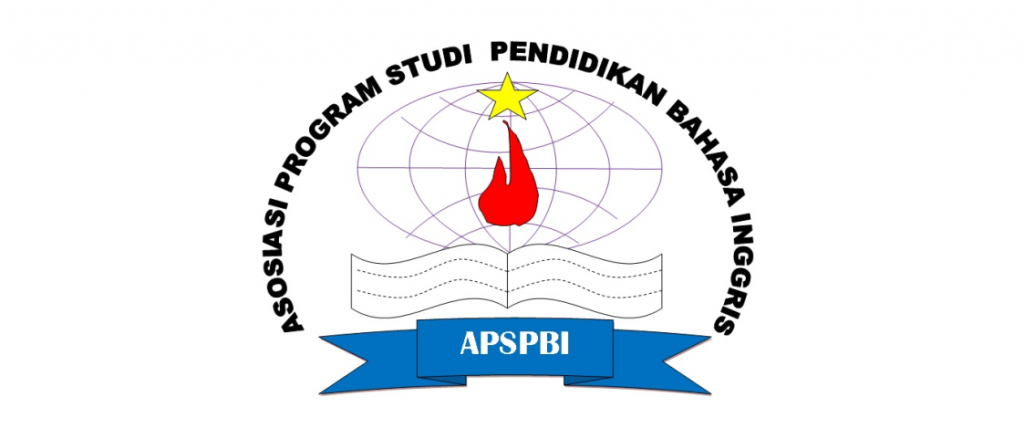
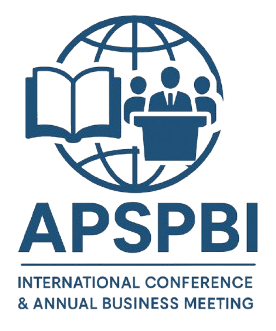
Co-hosted by

Institut Hindu Dharma Negeri Denpasar, Indonesia

Universitas Mahasaraswati Denpasar, Indonesia
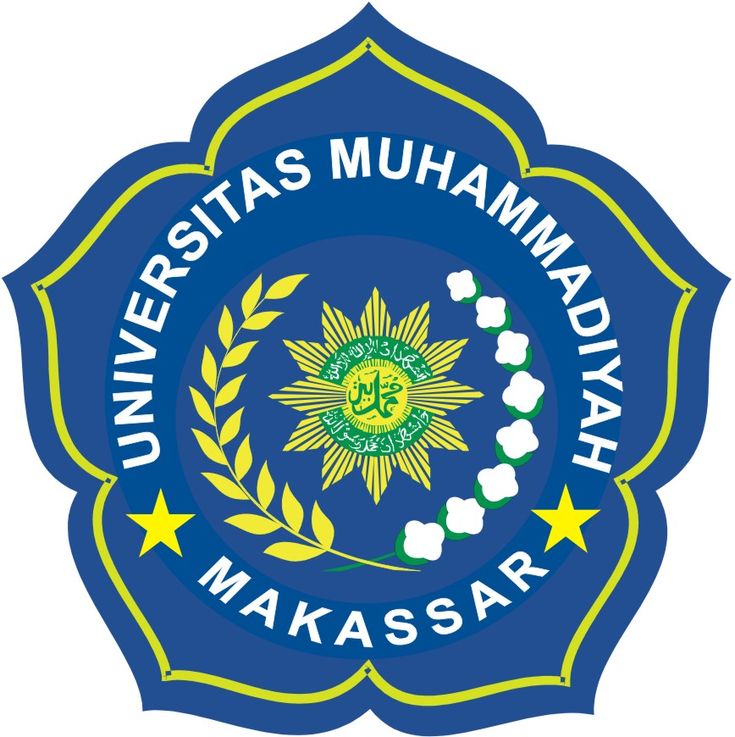
Universitas Muhammadiyah Makassar, Indonesia
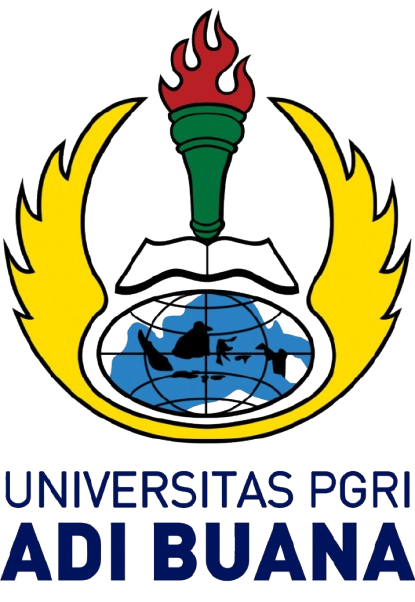
Universitas Adi Buana Surabaya, Indonesia
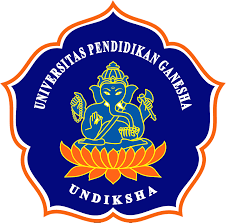
Universitas Pendidikan Ganesha, Indonesia
Supported by
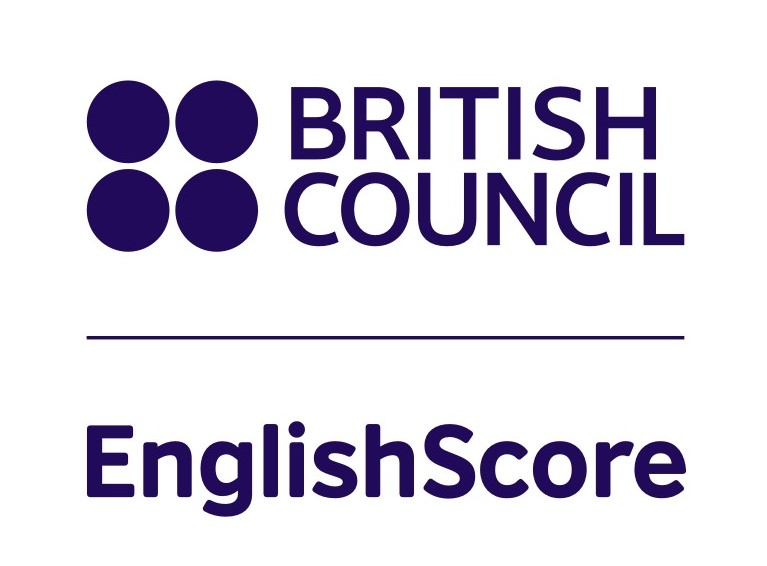
British Council

Samarkand State Institute of Foreign Languages, Republic of Uzbekistan
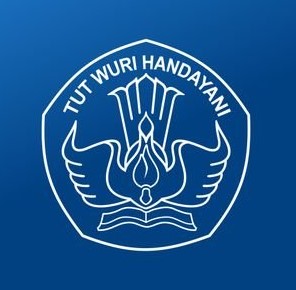
Ministry of Higher Education, Science and Technology, Republic of Indonesia

Universitas Islam Negeri Raden Mas Said Surakarta, Indonesia
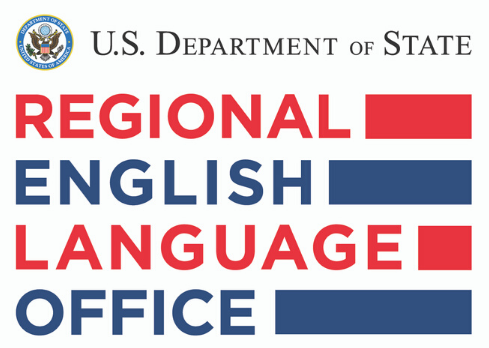

U.S. Embassy & Consulates, Jakarta, Indonesia
Publications
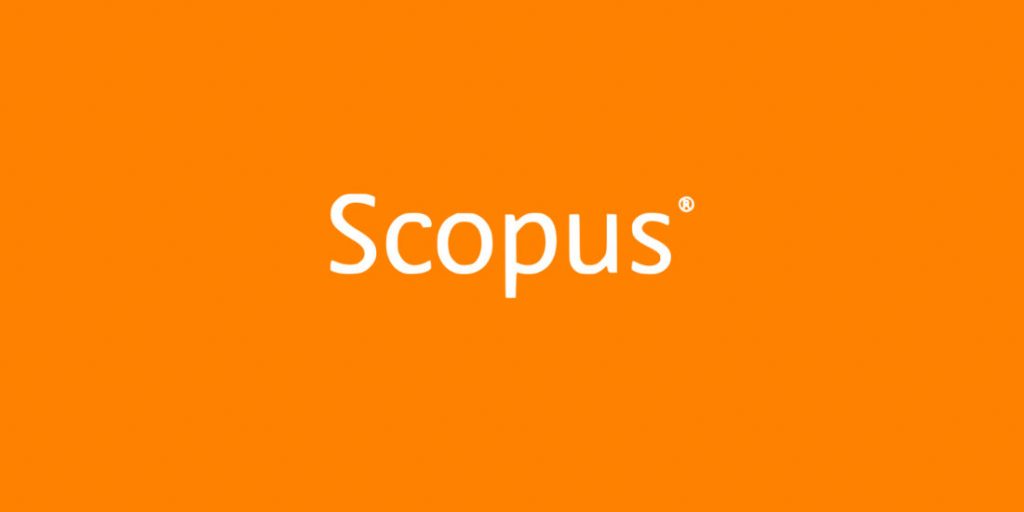
The post-conference publication will be submitted to the publisher for a forthcoming issue

in confirmation

in confirmation
